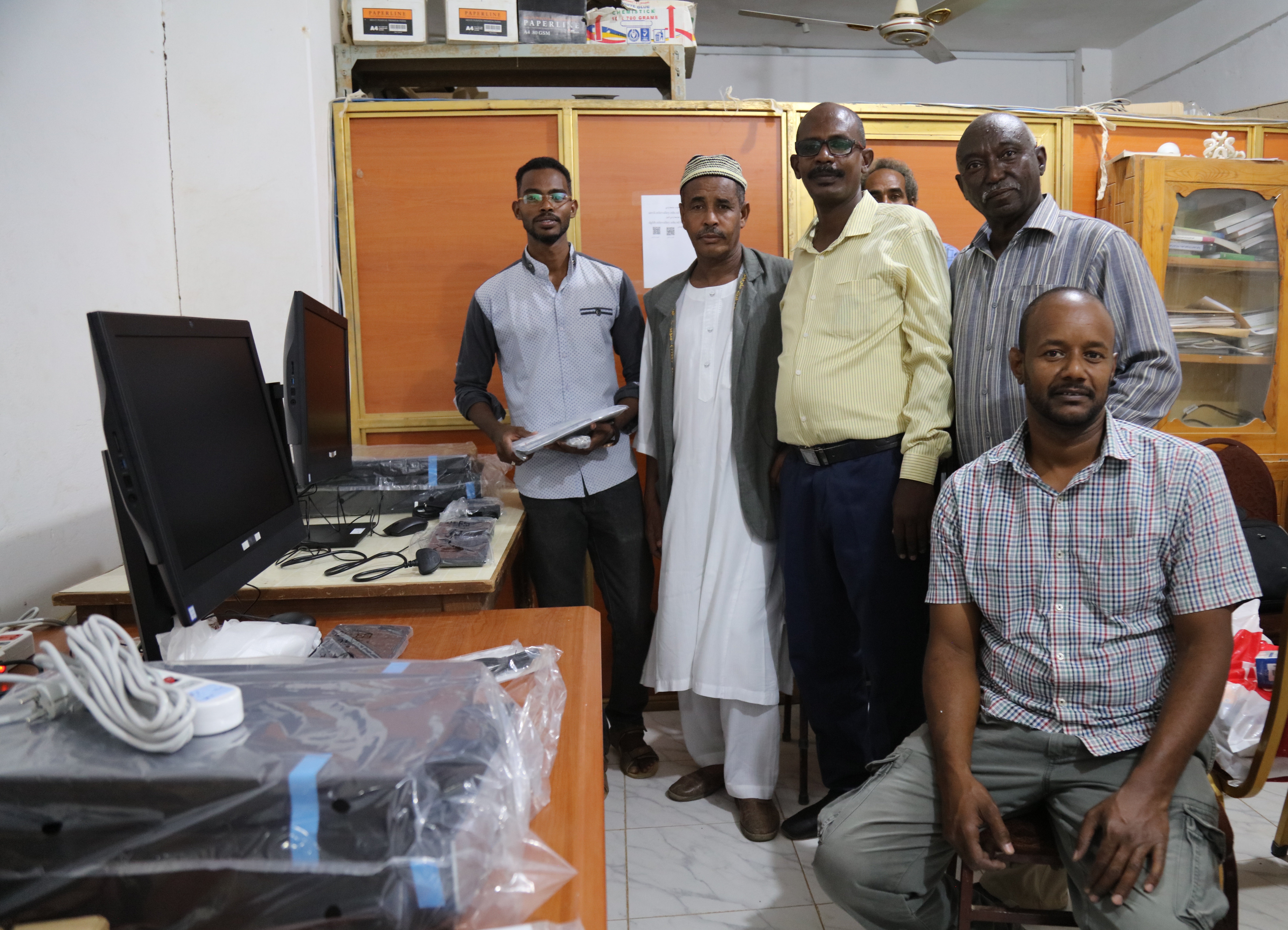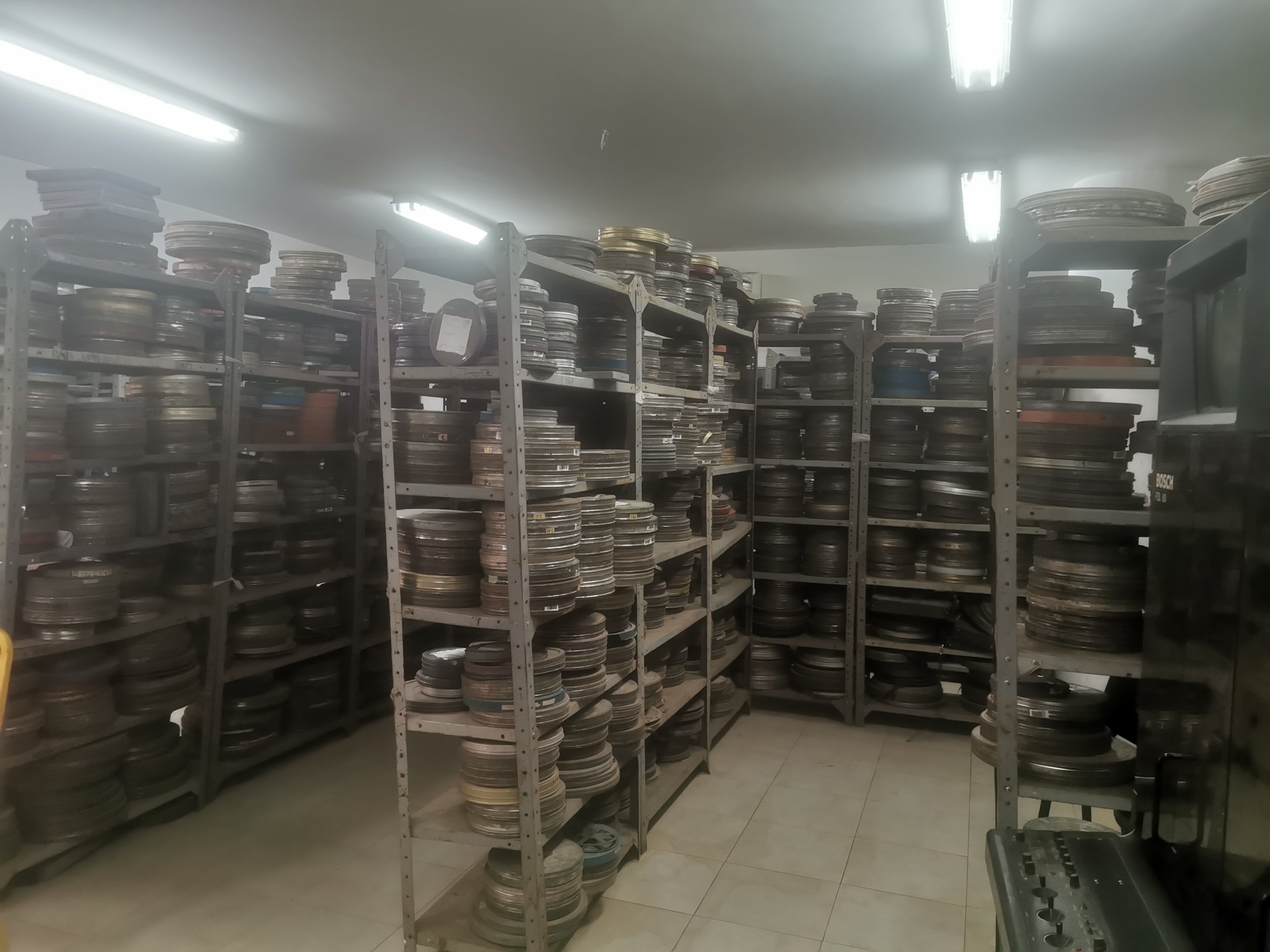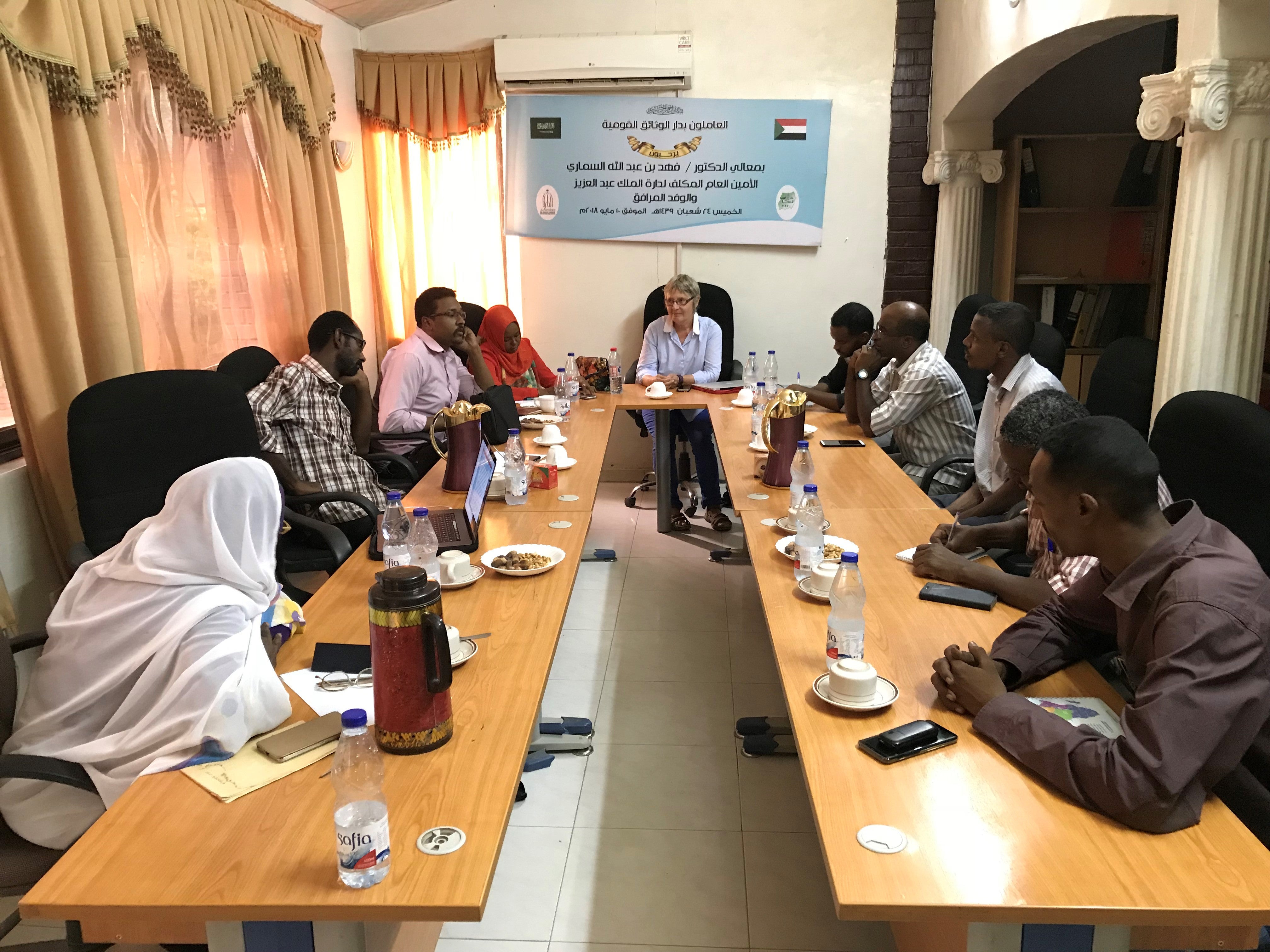
As Sudan is devastated by a conflict that has cost hundreds of lives already, preserving the country’s culture and history becomes ever more important.
Fighting erupted in Sudan on 15 April, and while a ceasefire is currently in place at least 730 civilians have been killed and 1.3 million people have fled their homes.
Omdurman Ahlia University’s library is believed to be just one of the buildings that have recently been set on fire by looters, as Sudan’s cultural institutions are caught in the crossfire.

The Sudan Memory team has spent the last decade developing a huge digital archive aimed at preserving Sudanese history, with participants explaining that the latest destruction demonstrates exactly why it matters so much.
Marilyn Deegan, Emeritus Professor of Digital Humanities at King’s College London, and her Sudanese partners - Dr Badreldin ElhagMusa, Sudanese Association for Archiving Knowledge, and Dr Mohammed Azred, Sudan National Records Office - founded the group in 2013, partly in response to concerns following the destruction of libraries in Mali.
”This strikes to the heart, because I know these places, I know these people,” she said. “I’m so thankful we did Sudan Memory because this is why we did it.
“The humanitarian crisis in Sudan is the most important and urgent priority - but if the culture is not there when people go back then that’s a huge loss, it can’t be minimised. Culture is what unifies a country, gives you identity, and is the spirit and soul of a country.”
The conflict is between the warring parties of Sudan’s army and paramilitary Rapid Support Forces (RSF) creating a humanitarian crisis. Its impact has also encompassed the destruction, burning, theft, and bombing of significant cultural institutions, as well as art, cultural and document collections in private and community archives and libraries.

Ms Deegan said Sudan Memory has raised £1.6 million in funding, which has enabled the project to set up scanning centres across the country over the years. People can scan cultural materials to add to the growing digital archive on its website of around 60,000 images.
“We’re desperately trying to capture images before things are looted or blown up”, said Ms Deegan. “We think The Natural History Museum attached to the University of Khartoum has been blown up - but we have photos of every single sample on our website, so at least we have a record of what was there.”
Katharina von Schroeder, an aid worker The Independent interviewed when she was trapped in a school in Khartoum as conflict broke out, is also a filmmaker and set up Sudan Memory’s Sudan Film Archive digitisation project. So far, 2,500 documentary films that were made as far back as 1940 have been scanned - but there are fears this archive could be blown up too.

Sudan Memory is co-hosting an event at King’s College London on Tuesday, 30 May to raise awareness of what is happening to Sudanese people and their culture, and to have a discussion about how to protect and preserve the cultural heritage of the country.
“Documents and artefacts, and the memories and histories they hold, sustain the pluralist culture and values that are the bedrock of a flourishing civil society,” said Ms Deegan. “In Sudan, a country already reliant on oral heritage, material historical artefacts are all the more precious.”
For more information on Sudan Memory’s event on Tuesday, 30 May, visit here.







